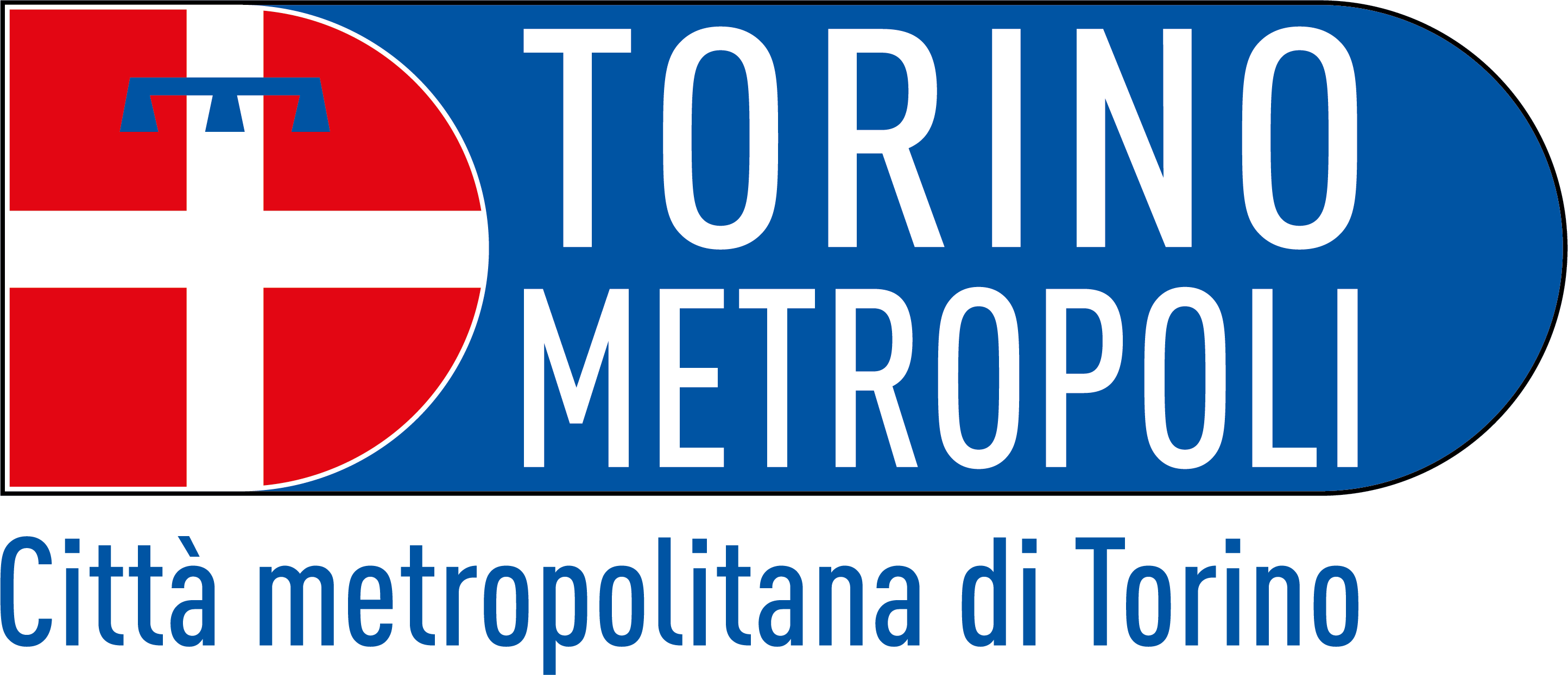There are numerous products in supermarkets that have a covering plastic label. The indication on the same often recommends detaching the label from the product to facilitate recycling, since the two packages will be difficult to select if they are made with different polymers. Probably, few consumers follow this recommendation, thus complicating the separation of polymers in recycling centers. But even if we were to correctly separate the labels from the products we purchase, we find ourselves throwing two pieces of packaging in the bin.
There are different types of plastic available on the market, and they cannot be recycled together. Recovering polymers of a single type allows you to optimize the recycling process, generating new materials. The plastic used for products sold in supermarkets is often coloured, to respond to very specific market dynamics, and attract the attention of consumers. However, this involves a variety of different types of plastic, and even when it comes to products made from clear plastic, labels serve the purpose of catching the buyer's attention. The plants must also separate the packaging based on color, otherwise the recycled plastic material would be gray or brown depending on the color mix.
A greater reduction in packaging can be achieved by removing labels from products. However, it is important to understand that this change is not as simple as it may initially seem. The information and logos normally found on labels should be directly printed on the body of the bottles (or other types of packaging), thus involving a remodulation of the visual appearance of the product and a careful market analysis.
Removing labels completely eliminates the need to separate them from products during the recycling process, thus reducing the overall amount of packaging material used.
More and more brands are embracing this trend, producing bottles made from 100% recycled PET and without labels.
An example is that of the Coca-Cola group, which is testing unlabeled products in the United Kingdom. The objective, as already reiterated, is to reduce packaging and simplify product recycling, and to do this it has brought bottles of Sprite and Sprite Zero to the shelves of some selected Tesco Express stores (in just 5 English cities) 500 ml in recycled PET. These products will remain on sale until March. At the end of this test, conclusions will be drawn, and it cannot be ruled out that label-less could be the future of all the products (which generally require a label) of the multinational and beyond.
In fact, Coca-Cola is not the only company to move towards a "label-less" approach or to take measures to improve the sustainability of its products. A growing number of companies are embracing this trend, which goes hand in hand with other sustainable solutions such as the replacement of traditional PET with recyclable material, the adoption of caps anchored to the neck of bottles to reduce the dispersion of plastic into the environment or the lightweighting of bottles to reduce resource consumption.
Lorenzo Nigro
Leggi anche
Sprite perde l'etichetta (Polimerica)
Se non staccate le etichette questi flaconi non vengono riciclati (il Post)
